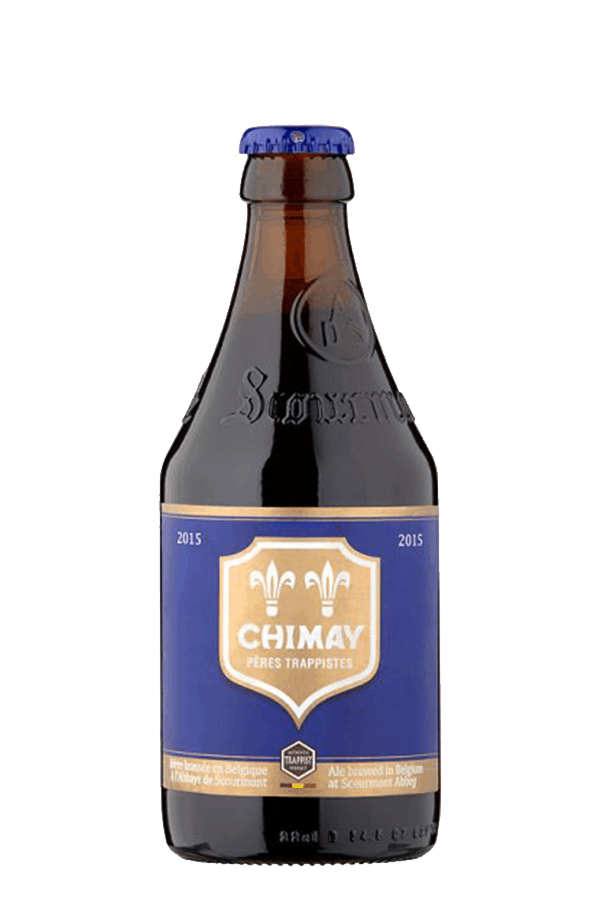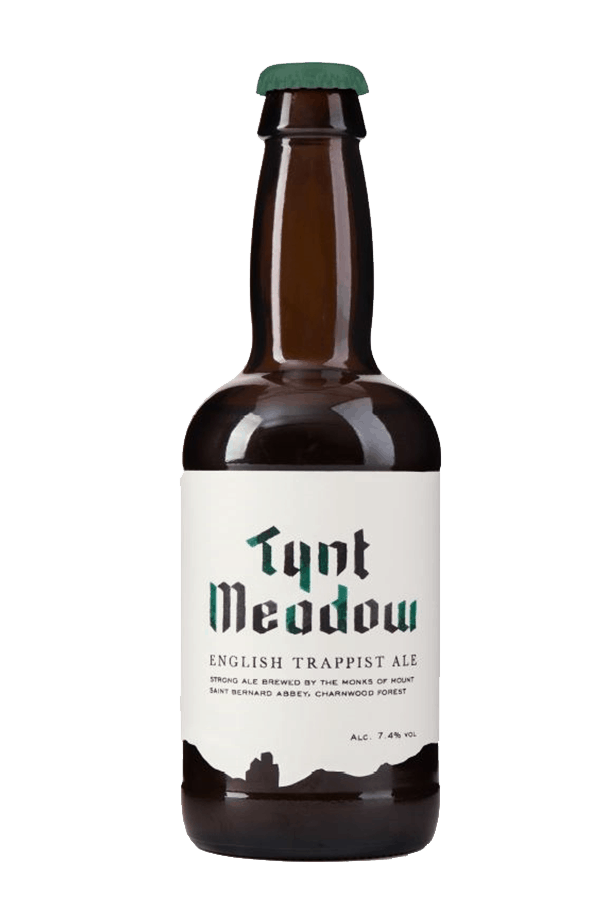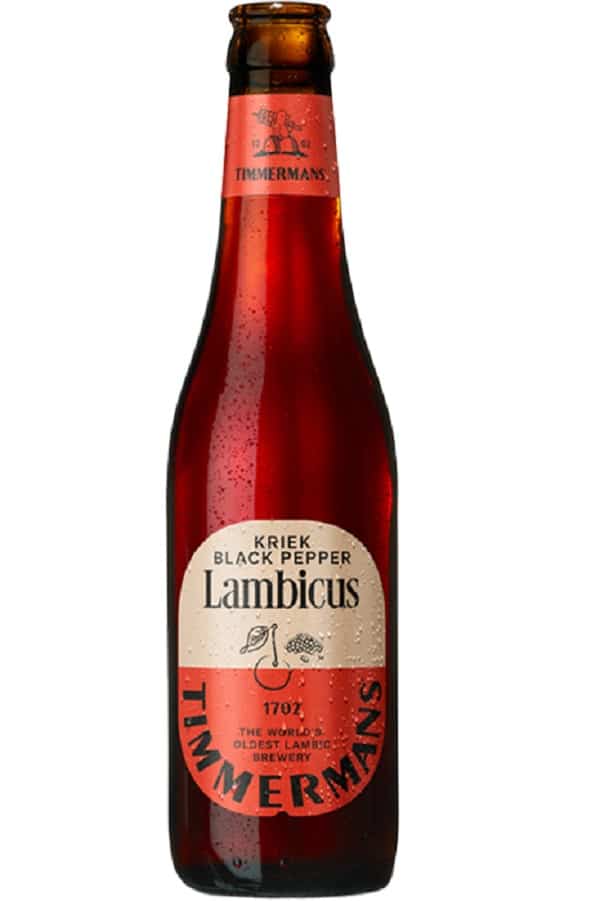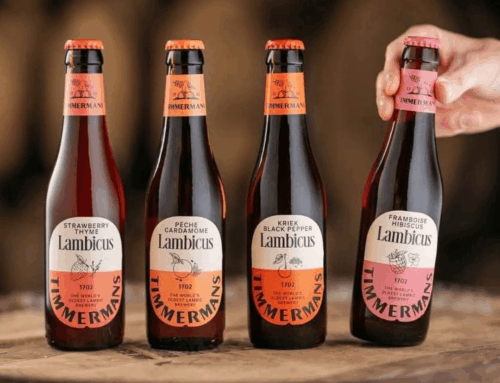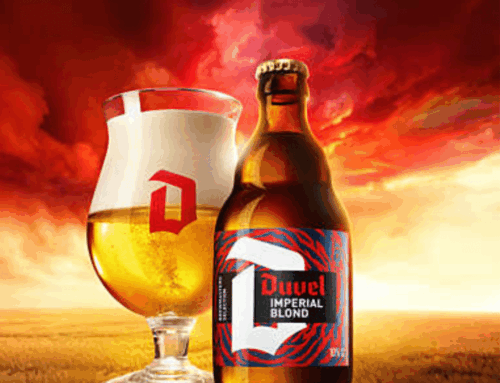Introduction:
With regards to beer, hardly any nation can equal the expert brewing ability and rich customs of Belgium. For a really long time, this little European country has been inseparable from remarkable beers that enrapture the taste buds and motivate wonder among beer devotees around the world. In this article, we’ll raise our glasses to Belgian beer and bring an excursion into the universe of its different flavours, blending procedures, notorious brew styles, and the social importance it holds for individuals of Belgium.
A Legacy of Brewing Excellence: The History of Belgian Beer
Belgian beer has a celebrated history that traces all the way back to bygone eras. Religious communities assumed an essential part in safeguarding and refining fermenting procedures, with many actually delivering flawless Trappist brews today. Throughout history, Belgian brewers have culminated their specialty, leading to a huge number of beer styles and making a standing for development and quality that perseveres right up until now.
The Unique Belgian Yeast: The Soul of Belgian Beers
One of the characterizing highlights of Belgian brew is the extraordinary yeast strains utilized in maturation. Belgian yeast contributes essentially to the assorted flavours and smells tracked down in these beverages. From fruity and spicy notes to hints of clove and banana, the character of Belgian yeast is a key element in creating the distinct profiles that make Belgian beers so memorable.
Trappist Ales: Brews with Divine Inspiration
Belgium is home to a few Trappist cloisters that produce sought-after brews known as Trappist ales. These Trappist ales are made inside the monastery walls by the actual monks, and any money made from brewing frequently upholds worthy missions. Breweries like Westvleteren, Chimay, and Orval are among the most famous, and their Trappist ales are cherished by beer enthusiasts for their complexity and spiritual connection.
Abbey Beers: Embodying History and Tradition
Beyond the Trappist ales, Belgium’s Abbey beers carry a touch of monastic heritage. While not brewed within monasteries, these beers often pay homage to historical monastic recipes or traditions. Breweries like St. Bernardus and St Feuillien produce Abbey-style ales that exude flavours of malt, caramel, and dried fruits, embodying the essence of Belgian brewing traditions.
Lambics and Gueuze: A World of Sour Elegance
Belgium’s Lambic beers offer a unique and exquisite experience for adventurous palates. These brews undergo spontaneous fermentation using wild yeast strains, resulting in naturally tart and complex flavours. Gueuze, a blend of young and aged Lambics, showcases the art of blending to create a sparkling and sour masterpiece.
Saisons: The Rustic Charm of Farmhouse Ales
Saisons, or farmhouse ales, have their roots in rural Belgian farms where they were brewed to quench the thirst of seasonal workers. Today, these beers captivate beer enthusiasts with their fruity, spicy, and refreshing qualities. Saisons are a celebration of rustic charm and showcase the art of brewing with a touch of Belgian flair.
Beer Culture and Festivals: A Way of Life in Belgium
Belgium’s beer culture extends far beyond just brewing exceptional beers. For the Belgians, beer is an integral part of their social fabric and cultural identity. Numerous beer festivals dot the Belgian calendar, with events like the Zythos Bier Festival and the Belgian Beer Weekend attracting locals and tourists alike to celebrate the nation’s liquid heritage.
Conclusion:
Belgian beer stands as a testament to centuries of brewing excellence and cultural significance. From Trappist ales brewed with divine inspiration to the rustic charm of farmhouse Saisons, the flavours and traditions of Belgian beer continue to enchant beer lovers around the globe. As we explore the rich tapestry of Belgian beer, let us raise our beer glasses in appreciation of this remarkable beverage that embodies the heart and soul of Belgium’s brewing heritage. Cheers to Belgian beer!


